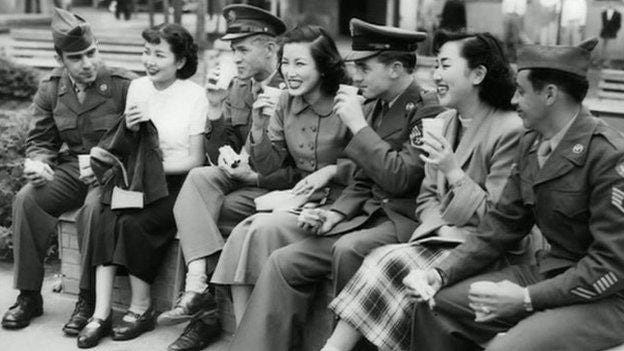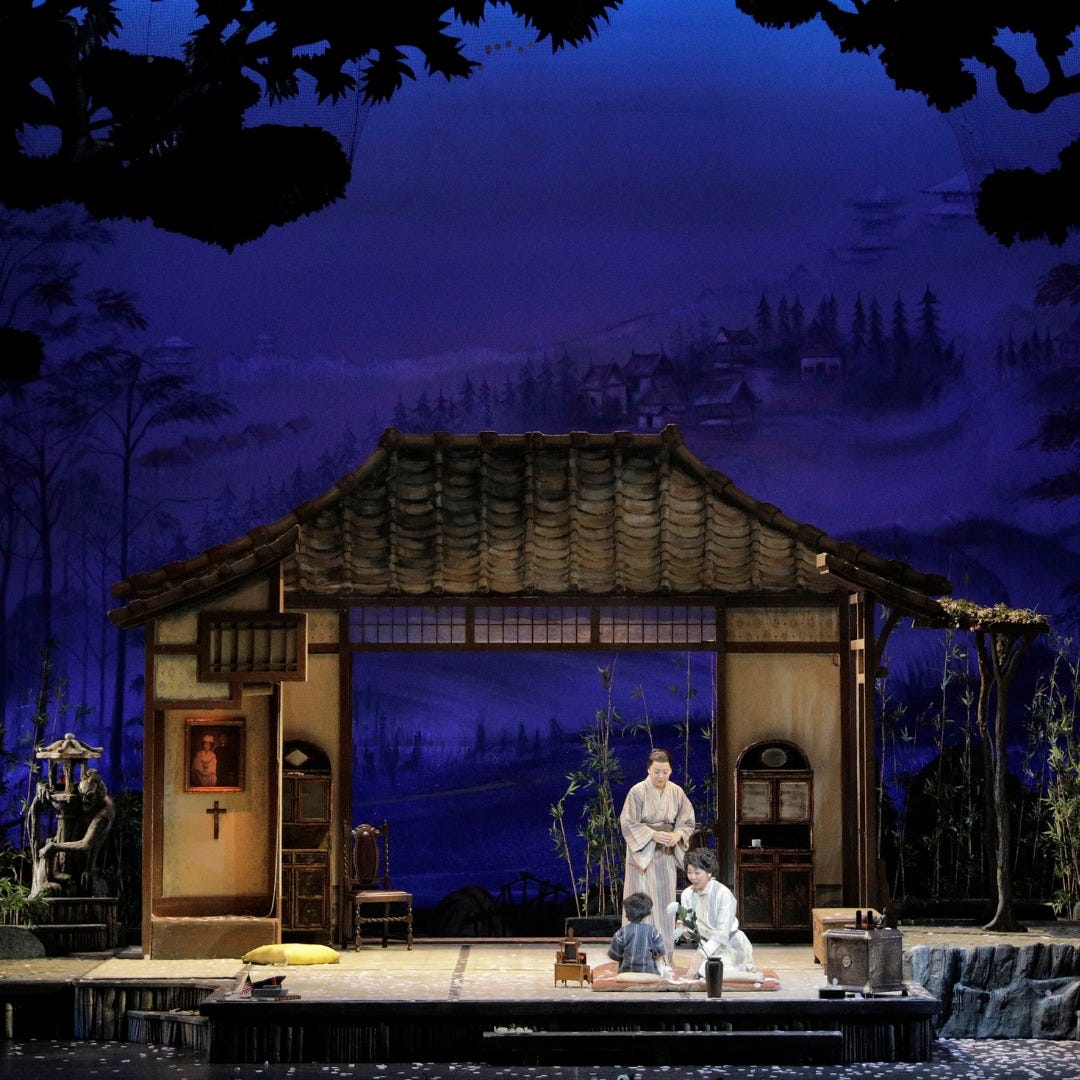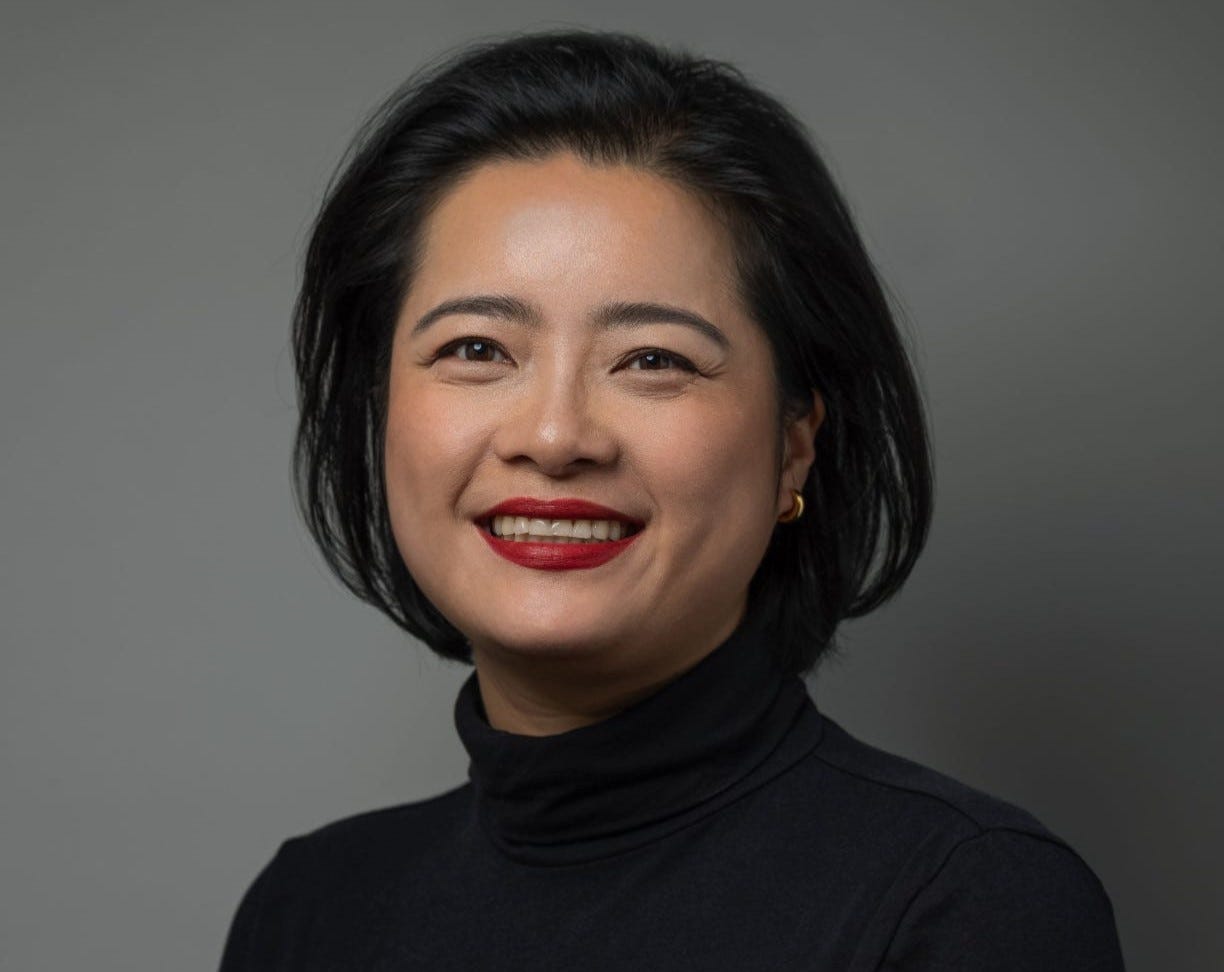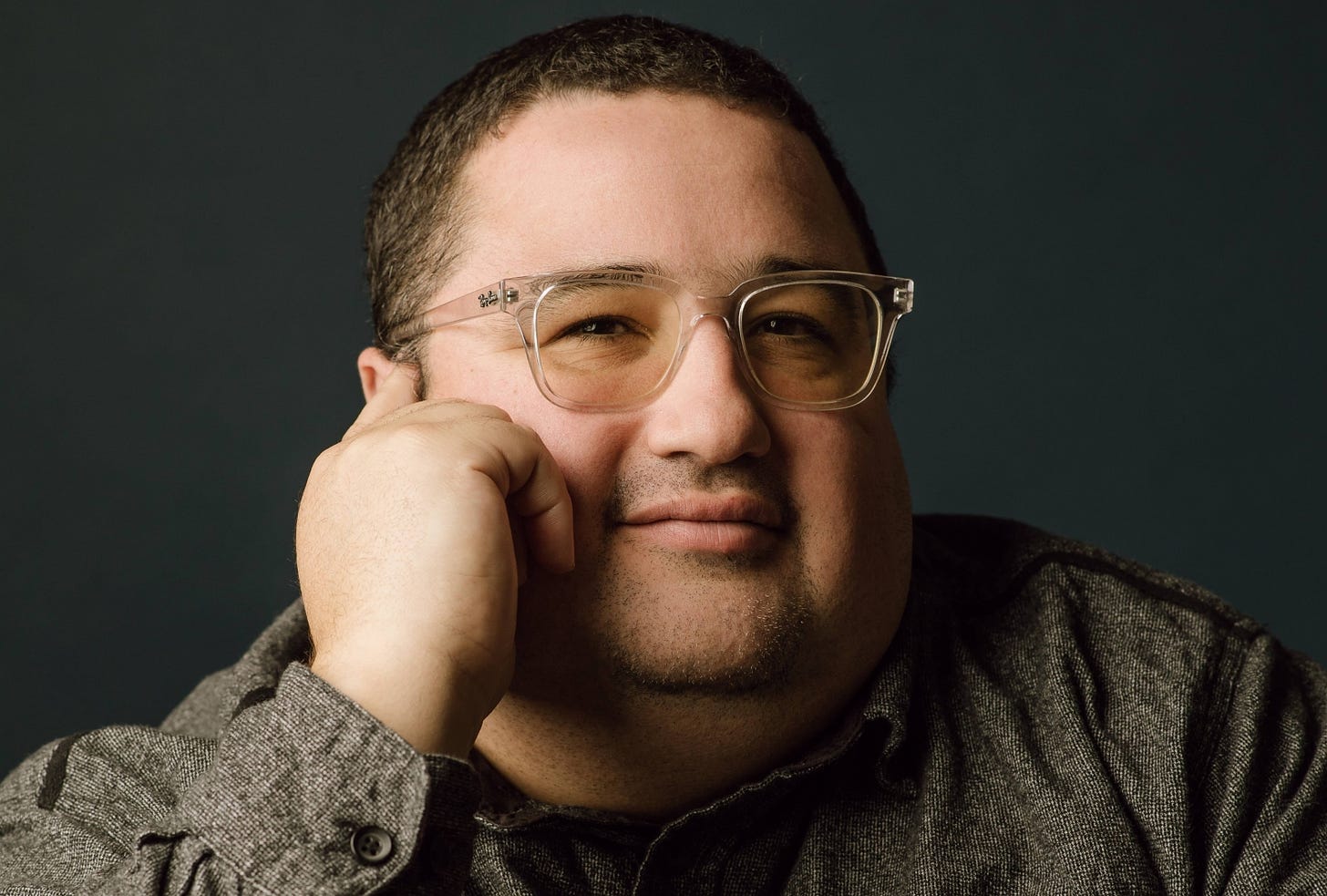Reclaiming Madama Butterfly
Director Mo Zhou on Storytelling, Survival, and the Power of Perspective

On Monday, we move to the Queen Elizabeth Theatre for rehearsals for one of opera’s most iconic—and most complex—stories: Madama Butterfly. Since its 1904 premiere, Puccini’s lush, devastating score has kept this work at the centre of the operatic canon. Set in Nagasaki, the opera tells the tale of Cio-Cio-San, a young Japanese woman who marries an American naval officer and is ultimately abandoned. It is a story saturated with sorrow and set to some of the most radiant music ever composed.
But Butterfly is also a work that stirs deep and necessary conversations. Its Western gaze, its cultural framing, its portrayal of gender, power, and agency—these have all been subject to critical re-examination. And now, Vancouver Opera welcomes a new voice to this evolving dialogue: director Mo Zhou, making her Canadian and company debut with a groundbreaking production that reframes the narrative with both emotional honesty and historical specificity. Recently, Mo sat down with Vancouver Opera’s Director of Engagement and Civic Practice, Ashley Daniel Foot to talk about her production.
“I actually refused to assist or direct Butterfly for over a decade,” Mo confesses. “As an Asian woman, I had a hard time justifying the story.” Her discomfort came not just from the plot itself, but from the opera’s long history of reinforcing stereotypes, particularly the hypersexualisation and objectification of Asian women. “It’s been a painful piece to watch, again and again.”
But something changed when Mo was approached by Virginia Opera. For the first time, she agreed—on one condition. The story would be relocated to the years of Allied occupation in Japan (1946–1952), following the Second World War. In that historical moment, she found a new lens: Butterfly as a story not of submission, but of survival. “All of a sudden, Cio-Cio San wasn’t just a jilted lover. She became a postwar survivor. She became real.”
The production draws on the rarely acknowledged history of the war brides—an estimated 45,000 Japanese women who married American soldiers and emigrated to the United States after WWII. Many others, like Cio-Cio San, were left behind. “These women were branded as traitors in Japan,” Mo says. “And once they got to America, they were told to change their names, to forget who they were.” The children of these unions, too, were often abandoned—just like Sorrow in Butterfly. This hidden chapter of history, Mo insists, “adds a backbone” to the story. “It’s no longer about begging a white saviour to love you. It’s about survival, about doing everything you can to protect your child.”
One of the most striking features of this production is the way it aligns Puccini’s music with the updated concept. “Act I is almost like a theme park,” Mo explains. “All the Japanese characters are putting on a performance for the Americans—playing into their expectations, wearing costumes, acting the part. That’s how we justify the Orientalism in the music. They’re giving Pinkerton the show he wants to see.” But as the opera progresses, the artifice fades. “By Act II and III, everything becomes painfully real. The illusion is shattered.”
The visual design reflects this trajectory. Cio-Cio San’s Americanised clothing becomes a relic—outdated and out of place—as the rest of the characters return to traditional Japanese dress. “Everyone knows she’s been abandoned—except her,” Mo says. “She’s still holding onto a false identity.” When Kate Pinkerton arrives, styled like a 1952 Vogue cover, the confrontation between the two women becomes electric, and devastating. “It’s clear who the real wife is. That’s when Cio-Cio San knows she’ll never be American enough.”
Mo’s approach is anchored in rigorous research. She visited Nagasaki, the original setting of the opera—and not coincidentally, the second city devastated by an atomic bomb. “Nagasaki was the only port open to foreign trade for centuries,” she says. “It was where Asia first collided with Western influence. That history is in the bones of this story.”
This production, then, is both intimate and epic. It’s informed by the legacy of Pacific colonialism, by generational trauma, and by Mo’s own experiences as a first-generation immigrant woman in America. “I see myself in Cio-Cio San,” she admits. “So do my collaborators. We’ve all been told to perform, to assimilate, to survive.”
On opening night of her first Butterfly, Mo’s Hiroshima-born movement/cultural consultant Asuka Morinaga Derfler whose family survived Hiroshima—was in tears. “She said, ‘This is the Butterfly I’ve waited for my entire life.’” That moment, Mo says, crystallized everything. “She looked at me and said, ‘This is us taking back the storytelling.’”
The Vancouver Opera production continues that reclamation. Mo is working with a predominantly Asian design team, including lighting designer Marie Yokoyama, and is excited to reunite with soprano Karen Chia-ling Ho, her former New York roommate. “Each artist brings their own flavour,” she says. “Opera is like making a lasagna—you don’t know exactly how it’ll turn out, but the layers make it richer.”
As for first-time opera-goers, Mo believes this Butterfly will land deeply. “The story is powerful. It’s about hope, illusion, and the cost of belief. And the music—it hits the core of the soul.” She hopes newcomers will not only be moved, but inspired to learn. “There’s so much history here. In Canada, too, there are stories like this. It’s time we talk about them.”
Ultimately, Mo Zhou’s Madama Butterfly is not just a reinterpretation. It’s a reclamation. A return. A reckoning. A gesture of healing.
“This is not a love story,” she says. “It’s a survival story. And it’s one we must keep telling—truthfully, intentionally, and with care.”
Vancouver Opera closes the season with Puccini’s Madama Butterfly – a timeless tale of love and loss.
Stunning visuals, transcendent melodies, and a timeless tale of love and loss make Madama a must-see season finale! Buy tickets now. 👇
Get tickets 🎟️
Performance Dates:
Saturday, Apr 26 | 7:30PM
Sunday, Apr 27 | 2:00PM
Thursday, May 1 | 7:30PM
Saturday, May 3 | 7:30PM
Sunday, May 4 | 2:00PM
Mo Zhou - Director of Madama Butterfly
Chinese-born stage director Mo Zhou is a visionary force in opera and theater, celebrated for her innovative and dynamic productions that transcend traditional boundaries. As a faculty member at University of Michigan - Ann Arbor, she revitalizes the classical canon while championing cutting-edge projects. Her work has graced esteemed stages worldwide, including Staatsoper Unter den Linden, Elbphilharmonie, and the National Centre for the Performing Arts in China.
Ashley Daniel Foot - Host of Inside Vancouver Opera
Ashley is Vancouver Opera’s Director of Engagement and Civic Practice and host of Inside Vancouver Opera. Boundlessly creative and fascinated by the way that art is created and presented, Ashley has guided arts organizations across Canada to craft messages and tell unique stories.
Mack McGillivray - Audio Producer
Mack is an audio producer, creating shows for radio and podcast. He is passionate about cultivating local community and a lifelong lover of opera.












Looking forward to seeing this production!
Brilliant reflections by Mme Zhou. Thank you.